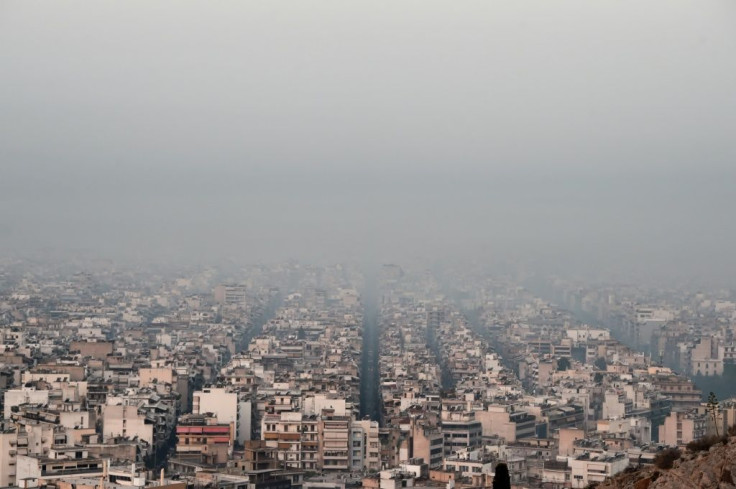International Day Of Clean Air For Blue Skies: Is What We Breathe Killing Us?
The feeling of taking a deep breath and filling your lungs with some fresh air never gets old. But with air pollution now at alarming levels, the very air that is meant to be keeping us alive could be silently killing us.
Around 99% of people across the world are now breathing polluted air, and we lose about 7 million people prematurely to air pollution-related deaths every year.
What's important to note about these deaths is that they can be avoided or drastically reduced. That is why it is essential for the entire world to hit the brakes, and remember why Sept. 7 is commemorated as "International Day of Clean Air for blue skies."
"After surviving a pandemic, it is unacceptable to still have 7 million preventable deaths and countless preventable lost years of good health due to air pollution," Dr Maria Neira, WHO Director, Department of Environment, Climate Change and Health, previously said. "That's what we're saying when we look at the mountain of air pollution data, evidence, and solutions available. Yet too many investments are still being sunk into a polluted environment rather than in clean, healthy air."
The Second Committee of the 74th session of the United Nations (UN) General Assembly branded Sept. 7 as the "International Day of Clean Air for blue skies" in November 2019. The resolution was adopted to emphasize the urgent need for people, at all levels, to proactively improve air quality.
Air pollution has harmful effects on our individual health as well as our planet. On one hand, air pollution can be an invisible killer as poisonous particles from the air enter our bodies, lungs and bloodstream, and can cause stroke, chronic respiratory disease, lung cancer and heart attacks. On the other hand, air pollution is strongly related to climate change, biodiversity loss and detrimental effects on our ecosystems.
The theme for this year's International Day of Clean Air for blue skies is "The Air We Share." It is meant to remind the world the "transboundary nature" of air pollution makes it a problem that needs "collective accountability and action," a report said.
"Air pollution has often been seen as a very local, national problem. There have been efforts by a lot of countries to bring down emissions, but definitely not at the level that is needed," said Martina Otto from the Climate and Clean Air Coalition, a grouping hosted by the UN Environment Programme. "And since pollutants are travelling in the air, and often for long distances, we can't solve this by isolated measures. It's the air we share, and that means we also have to share the solutions."
The UN Environment Programme released a guide that included changes that can be made by individuals to help improve air quality.
Individuals were advised to reduce waste by turning food waste into compost, reusing grocery bags, recycling non-organic trash and avoiding the burning of trash. Switching to a plant-based diet, avoiding the use of single-use plastic items and using public transport could also help.
Changes that can be made by civil societies, schools and universities, cities, the private sector as well as the government and policymakers were also listed.

© Copyright IBTimes 2025. All rights reserved.






















